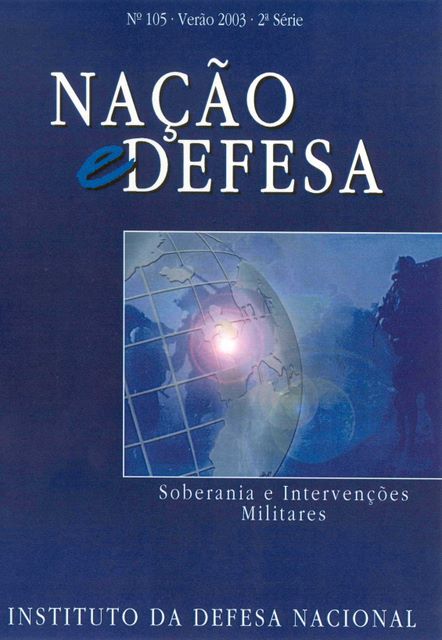Searching for Reconciliation in a Post Complex Political Emergency Scenario
Resumo
The complexity of today’s conflicts and the scale of mass violence that the world witnessed with greater intensity in the last decade have revealed that reconciliation needs to embrace a multi dimensional approach. Its aim is to achieve a comprehensive understanding of the conflict in order to tackle the root causes of frustration at the individual, national and international levels. The psychological dimension of reconciliation illustrates the struggles of the human mind when dealing with past traumas. The theological side reveals the sources of inner strength, the power of forgiveness and questions whether or not do religious organisations make a difference to non-faith reconciliation efforts. Following the theological discourse, the cultural dimension illustrates the different interpretations of forgiveness, the respect of human rights and the traditional notions of reparations and rituals as healing procedures. Do some cultures reconcile more easily than others? The political aspect of reconciliation also considers whether forgiveness can occur at political level. Do political leaders possess the collective ability to forgive? It will be concluded that reconciliation is not an end in itself, but rather a multi dimensional process based on the restoration of human relations and genuine dialogue, with no established codes of conduct but rather on high moral principles and a shared vision of the future.





